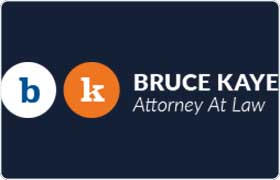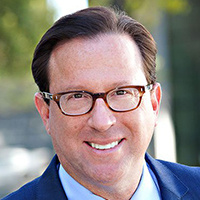Midlothian Misdemeanor Lawyer, Texas, page 5
Sponsored Law Firm
-
 x
x

Click For More Info:
-
Law Offices Of Bruce C. Kaye
400 N. St. Paul St.1110 Dallas, TX 75201» view mapCriminal Defense Law Changing Lives, One Case At A Time
The best thing about running my own practice is the opportunity to give my clients the individual attention they deserve.
800-920-9461
Tiffany Strother
Divorce & Family Law, Estate, Misdemeanor, Juvenile Law, Business Organization
Status: In Good Standing *Status is reviewed annually. For latest information visit here Licensed: 14 Years
FREE CONSULTATION
CONTACTRobin Mccarty
Criminal, DUI-DWI, Felony, Misdemeanor
Status: In Good Standing *Status is reviewed annually. For latest information visit here
Brian Corrigan
Criminal, Felony, Misdemeanor
Status: In Good Standing *Status is reviewed annually. For latest information visit here
 Bruce Kaye Dallas, TX
Bruce Kaye Dallas, TX